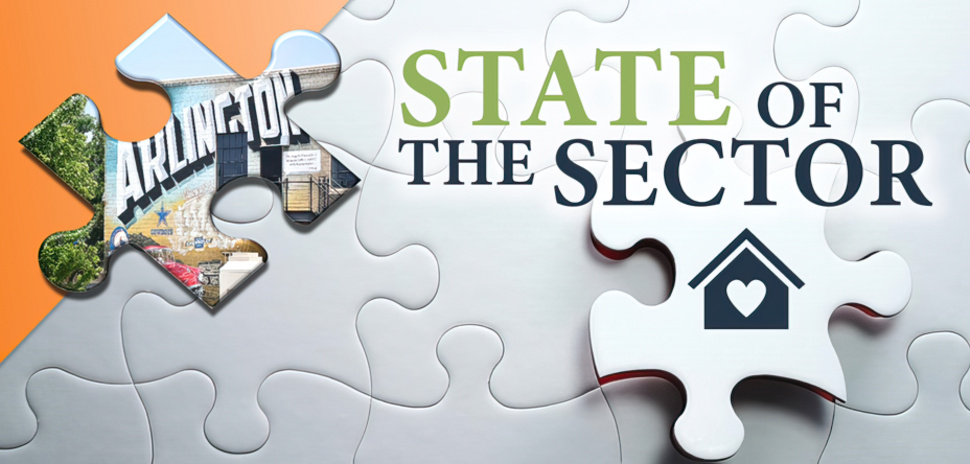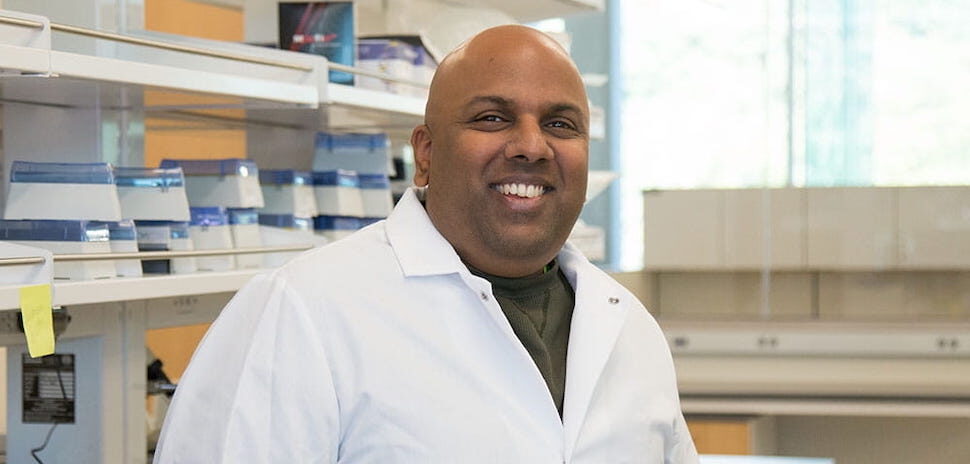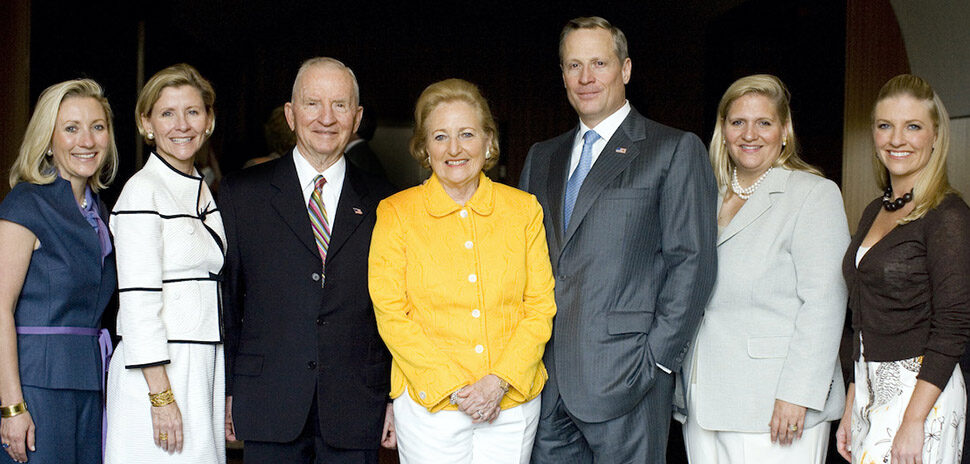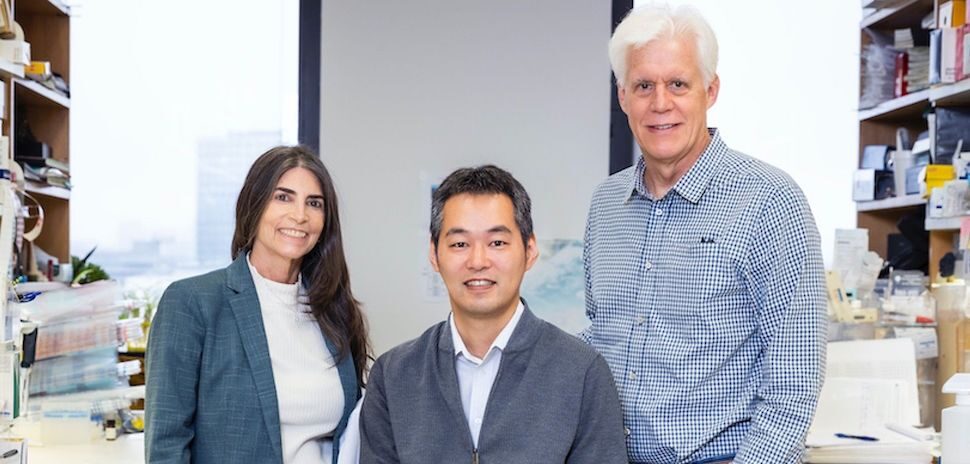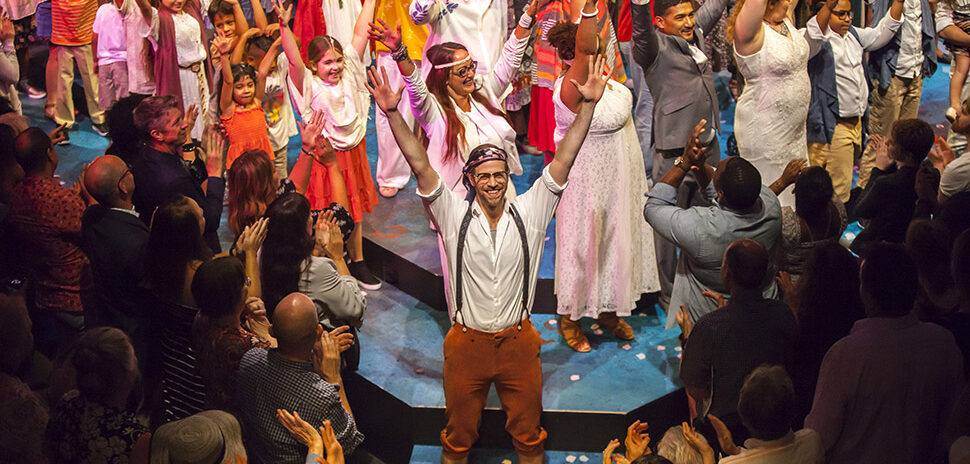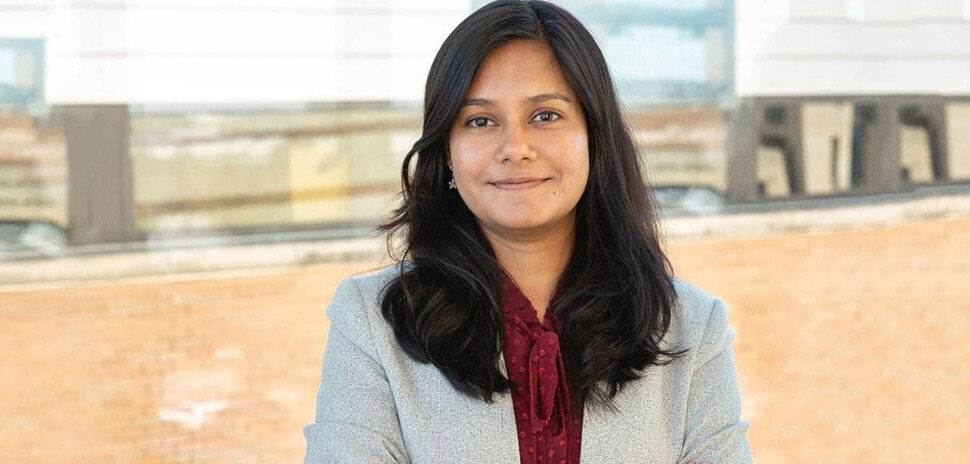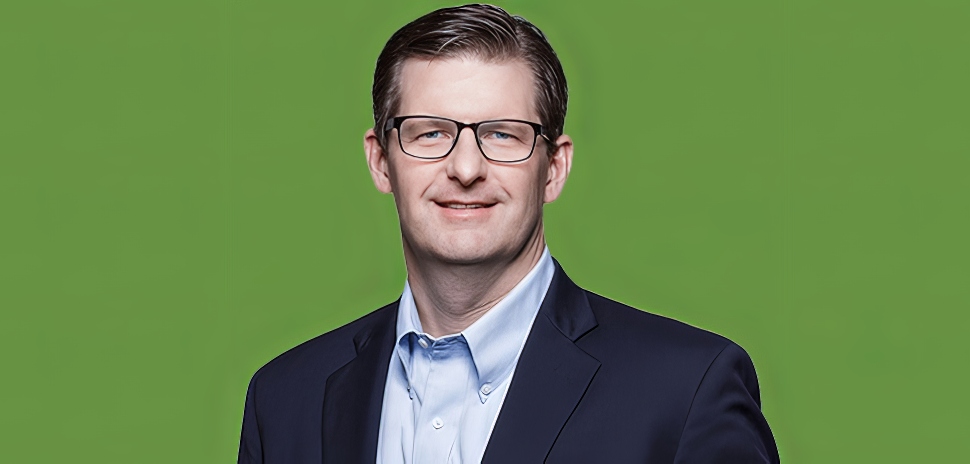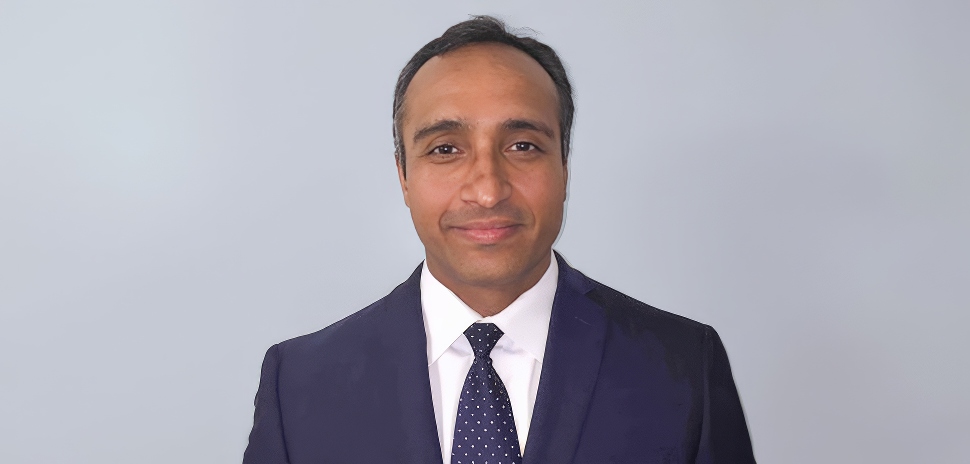A first-of-its-kind study to better understand the needs of the hundreds of nonprofit organizations that serve the Arlington community is being funded by the Arlington Tomorrow Foundation, the city’s largest charitable endowment.
“We recognized the overall health and strength of the nonprofit sector is critical,” Carolyn Mentesana, Arlington Tomorrow Foundation executive director, said in a statement. “This deliberate, academic research will help us better know our nonprofit sector, which in turn will help us be more strategic and proactive when it comes to funding programs and projects to benefit our community.”
Along with underwriting the research project, the foundation engaged United Way of Tarrant County, the city of Arlington, and The University of Texas at Arlington to help design and launch the State of the Sector: Catalyzing a Thriving Nonprofit Community initiative.
The initiative, which includes an 18-month comprehensive research study that begins this month, is a leap forward in understanding the needs of area nonprofits whose missions vary from arts and culture, education and animal welfare, to human services, the city said.
Strengthening Arlington nonprofits
The Arlington Tomorrow Foundation has provided nearly $43 million in grants to nearly 500 projects and programs since its inception in 2007.
“We have seen hundreds of grant applications and have funded hundreds of projects in our 15-year history,” Mentesana said. “With its collective knowledge over the past decade, the board took a step back and said, ‘We have the potential to be more than a check-writing organization. What can we do to strengthen the entire sector to help ensure our grant-making efforts are creating a thriving community where the most effective programming is providing the greatest good?’”
The foundation has partnered with College of Architecture, Planning, and Public Affairs (CAPPA) researchers at UT Arlington for the State of the Sector initiative.
Among the goals, the city said the initiative aims to develop an interactive data dashboard, a one-day workshop, and a published report in 2024 designed to help Arlington nonprofits attract and retain talent, become more fiscally secure, adopt new processes and mechanisms for success, diversify funding streams, and document their success post-pandemic.
Over the coming months, the city said that CAPPA assistant professor Emily Nwakpuda and CAPPA associate professor Karabi Bezboruah will begin collecting data and deeper perspectives from the Arlington nonprofit sector through surveys and interviews.
That will include gathering information about their workforce and volunteer base, outreach and program outcomes, as well as assessing their clients’ unmet needs and how those have changed since the COVID-19 pandemic.
United Way of Tarrant County, which celebrated its 100th last year, also is a major funder of the nonprofit sector and will provide its own perspective on the study and its findings.
“As we head into our second century of impact in the area, United Way of Tarrant County is excited to be an active partner in initiating and supporting the State of the Sector project,” Regina Williams, executive vice president and Chief Impact Officer for UWTC, said in a statement. “Capacity building for our nonprofit sector is a strong component to an organization’s success and sustainability. This project’s analysis will provide the necessary data to target nonprofit support that ultimately strengthens services that more effectively address the needs of the greater Arlington community. This, in turn, will make Arlington a more equitable and viable community for all its residents in the years ahead.”
‘Building a stronger, more resilient community’
CAPPA interim dean Maria Martinez-Cosio said that support from the Arlington Tomorrow Foundation for these types of community-engaged projects not only help nonprofit organizations, but extend the impact of that support to the people these varied nonprofits serve.
“It’s important to leverage the data collected by the student and faculty researchers to present more nuanced results for the betterment of the community,” Martinez-Cosio said in a statement. “And while this grant will help the people that Arlington nonprofit organizations serve, you’re also training the next generation of community-based researchers, and thus building a stronger, more resilient community.”
The city said another hoped-for outcome is to increase equity and inclusion within the nonprofit sector by improving access to resources and opportunities for all. Among the study’s goals are to understand nonprofits’ barriers to capacity building, examine their diversity, equity, and inclusion practices and assess how they engage with the diverse Arlington community across racial and cultural boundaries, the city said.
Williams: Collaborative partners increase “capacity to deliver”
“The city of Arlington’s philanthropic and service provider communities have demonstrated a long-standing commitment to successfully meeting the socio-economic needs of our residents across a broad spectrum,” Troy Williams, the city’s chief equity officer, said in a statement. “This collaboration between UTA, UWTC, the Tomorrow Foundation and the City of Arlington will exponentially increase our capacity to deliver critically needed support services to our underserved populations and vulnerable communities.”
Also, the study seeks to identify and leverage partnerships and collaborations between the for-profit, government, nonprofit and philanthropic sectors that address the unmet needs of Arlington’s diverse community, the city said.
“By conducting a comprehensive examination of our nonprofit sector, we anticipate becoming even more effective and responsive to the needs of our residents and stakeholders. Specifically, this initiative will foster more strategic collaboration between our small community-based nonprofits and our larger, centralized service provider agencies,” Troy Williams said. “These collaborative efforts will enable us to maximize efficiency, enhance accountability and promote transparency in the equitable distribution of finite resources.”
Identifying gaps and opportunities
The UTA researchers said they hope to publish an interactive dashboard depicting study findings by January 2024 and host a one-day workshop in June 2024 to facilitate a deeper discussion around gaps and opportunities in the nonprofit sector’s capacity to effectively deliver services.
The research results and feedback could lead to the creation of targeted long-term educational training opportunities, potentially re-designed grant criteria, and other resources designed to strengthen organizational systems and capacity, the city said.
The project also helps lay a foundation for philanthropy and other community resources to design programs and funding that support the sector strategically and holistically for years to come.
A final State of the Sector report detailing the research process, finding, and conclusions, along with practical recommendations, is expected to be delivered by July 2024, according to the city.
Mentessa said that the research and its impact have the potential to serve as a model project that other communities across the country could learn from and replicate.
“The Arlington Tomorrow Foundation is excited to support the State of the Sector study, which we believe will help create opportunities for all Arlington nonprofits to flourish as well as support synergy within the charitable community. Ultimately, it will be the residents, families, and our other local institutions that benefit from this exploration of our nonprofits and their needs,” she said.
The city said that UTA researchers are working to create a list of all nonprofits with a 501(c)(3) designation in Arlington and obtain additional information by May.
![]()
Get on the list.
Dallas Innovates, every day.
Sign up to keep your eye on what’s new and next in Dallas-Fort Worth, every day.










